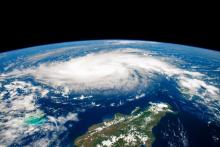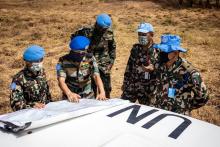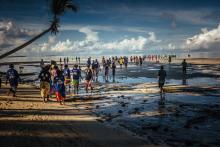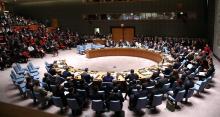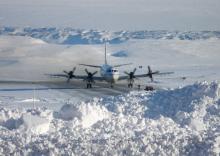Can the Taliban address climate-related risks in Afghanistan? In the wake of the Taliban takeover, Afghanistan is confronted with various risks to human security and hard security, especially in the context of climate change. Climate-related security risks have been increasingly manifesting and aggravating the drivers of violent conflict. For example, the impacts of more frequent and intense droughts on depleting groundwater sources and natural reservoirs are a huge threat to the water supply of many communities.





